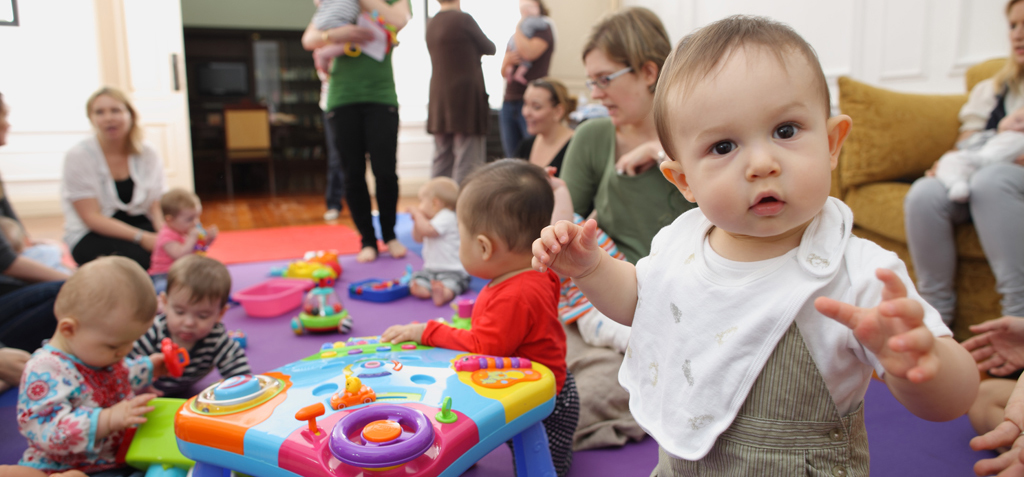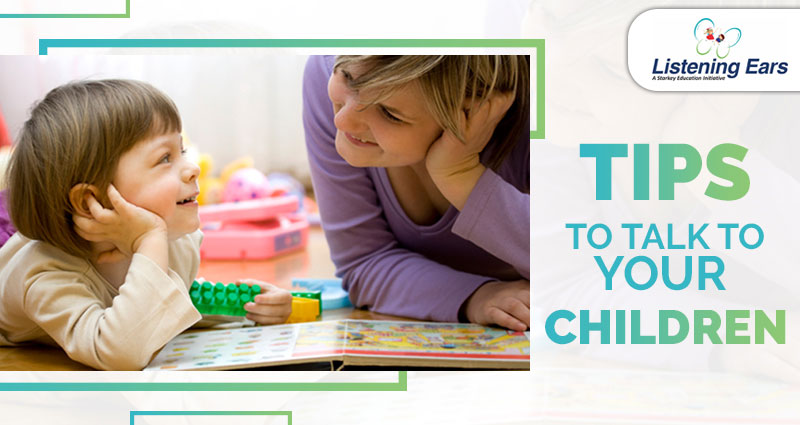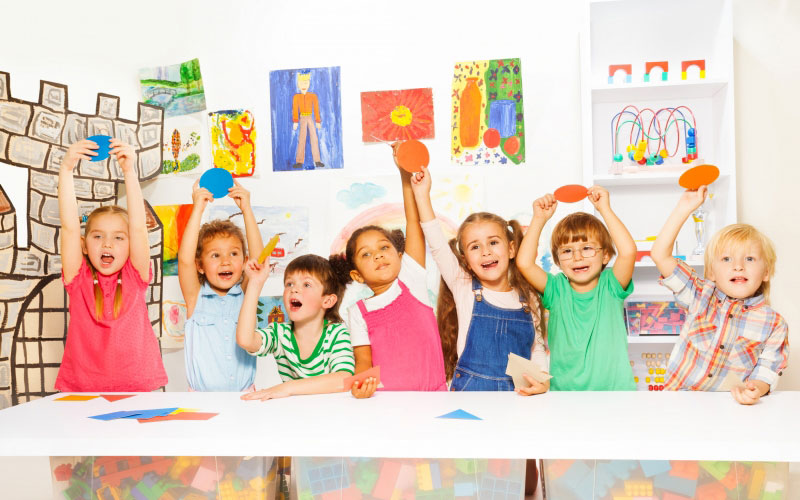Importance of Free Play

POP! The Benefits of Exploration with Bubbles
June 25, 2018
Everything You Should Know About Dyslexia and its Treatment
July 18, 2018Play is essential to development because it contributes to the cognitive, physical, social and emotional well being of children and youth. It offers an ideal opportunity for parents to engage with their child. It allows children to use their creativity while developing their imagination, physical, cognitive and emotional strength & they can get engaged and interact in the world around them. Children’s developmental trajectory is critically mediated by appropriate, affective relationships with loving and consistent caregivers as they relate to children through play. When parents observe their children in play or join with them in child-driven play, they are given a unique opportunity to see the world from their child’s vantage point as the child navigates a world perfectly created just to fit his or her needs. Play is integral to the academic environment. It ensures that the school setting attends to the social and emotional development of children as well as their cognitive development. It has been shown to help children adjust to the school setting and even to enhance children’s learning readiness, learning behaviors, and problem-solving skills.
Methods
- Let them free play themselves.
- Tell them the method so they get more engaged into it.
Establish a ‘stop and look’ strategy which is based on a visual signal.
Advantages
- They scream and shout which helps them in working their nerves and blood circulation.
- Play encourages adults to communicate with their children in their lives.
- Having enough toys or activities to choose from will allow children to express themselves
- Play gives children the chance to be spontaneous
- Play allows adults to learn their child’s body language
- Play teaches adults patience and understanding.
CONCLUSIONS
Play is a cherished part of childhood that offers children important developmental benefits and parents the opportunity to fully engage with their children. However, multiple forces are interacting to effectively reduce many children’s ability to reap the benefits of play. As we strive to create the optimal developmental milieu for children, it remains imperative that play be included along with academic and social-enrichment opportunities and that safe environments be made available to all children. Additional research is needed to explore the appropriate balance of play, academic enrichment, and organized activities for children with different temperaments and social, emotional, intellectual, and environmental needs.




